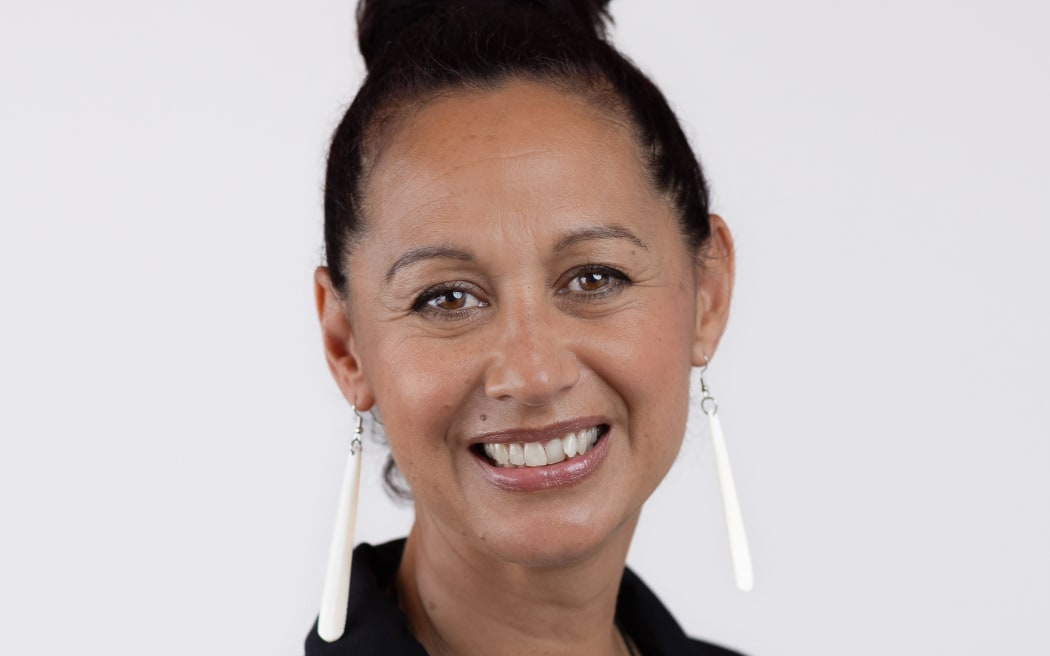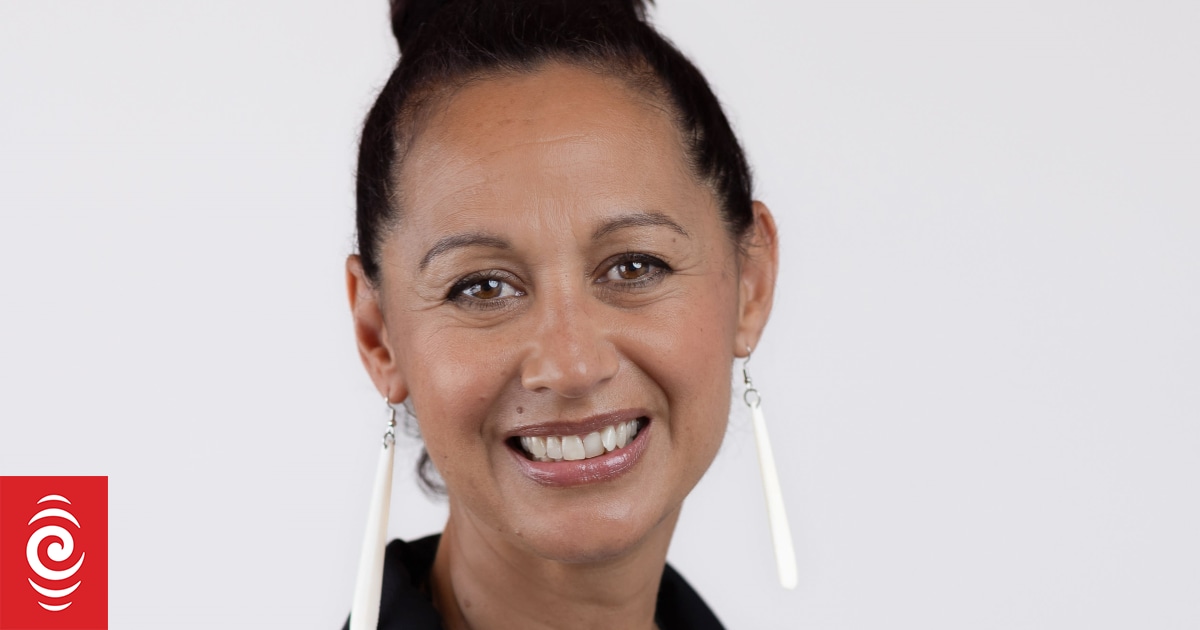
Whangārei-based surgeon Dr Maxine Ronald.
Photo: SUPPLIED
Whangārei-based surgeon Dr Maxine Ronald will receive a $300,000 fellowship to support her research aiming to close the gap in breast cancer survival between Māori and non-Māori.
Ronald (Te Kapotai ki Ngā Puhi, Ngāti Wai, Ngāti Hine, Ngāti Rangi) is the only wahine Māori breast cancer surgeon but that is not something that sits right with her.
“Anything that we are doing in the health equity space, it really is a network of people in different places all working together so I try and get away from that … But certainly we need more Māori in this space.”
Research shows wāhine Māori and Pasifika women are more likely to develop breast cancer (35 percent and 20 percent respectively) and are more likely to die from it (33 percent and 52 percent respectively) than non-Māori.
“It’s really unfair and can’t really be justified that wāhine Māori have worse outcomes than non-Māori,” Ronald said.
As the inaugural Māori Breast Cancer Research Leadership Fellow, Ronald was awarded $300,000 from Breast Cancer Cure and Breast Cancer Foundation NZ for a three-year fellowship with Hei Āhuru Mōwai Māori Cancer Leadership Aotearoa.
Her fellowship will focus on working with researchers across the motu to build Māori capability and leadership in breast cancer research.
“We have really good pathways for breast cancer but they don’t work so well for Māori and Pacific people, so part of the research that I’m interested in doing is helping to improve those pathways and that’s by working with people who are already doing lots of amazing mahi,” she said.
When Māori and Pasifika were involved in initiatives they tended to have better outcomes, she said.
Part of the solution to improving survival rates is to increase the number of Māori and Pasifika involved in the breast screening programme, she said.
“If we diagnose breast cancer early enough it’s very treatable and survivable.
“So the earlier detection the better and wāhine shouldn’t be afraid of having breast screening or having a check-up.”
Key to that was involving the community and creating policies that valued whānau voices, Ronald said.
“Yes it’s good to have more Māori doctors and cancer specialists absolutely we need that, but we also need to listen to our whānau and to the community because they have knowledge and skills that we really need to help us to address health inequities, so we need to elevate those voices.”
The mahi could be done in Māori communities, if those communities were empowered to do it, she said.




